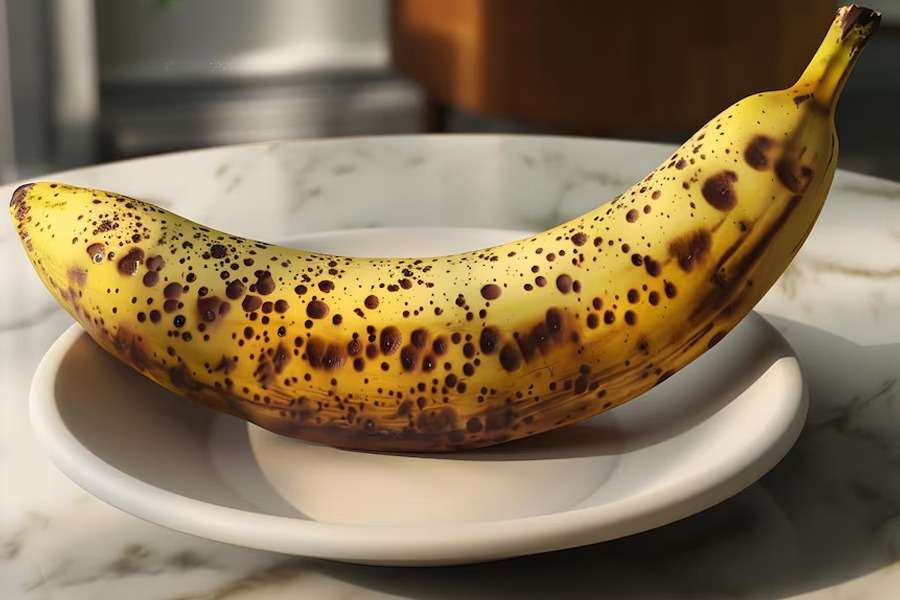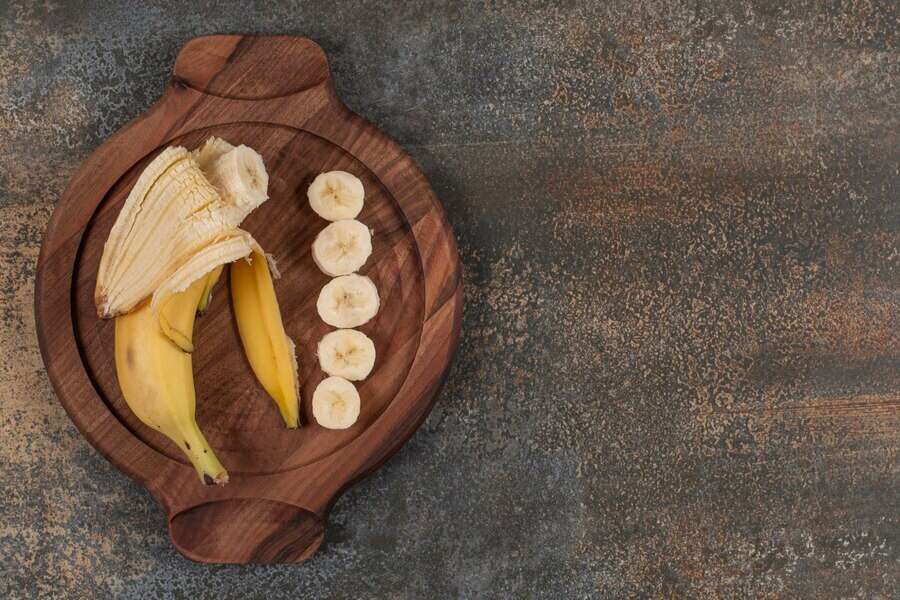Overripe Bananas: Are They Safe to Eat or Should You Toss Them?
Bananas are a nutritious fruit that offers a wealth of health benefits. They are rich in fiber, vitamin C, and potassium, all of which contribute to overall well-being. The fiber in bananas supports digestive health, while vitamin C, a potent antioxidant, helps bolster the immune system and shield the body from infections. Potassium and magnesium play key roles in regulating blood pressure, maintaining heart health, and stabilizing blood sugar levels.

Bananas are a nutritious fruit that offers a wealth of health benefits. They are rich in fiber, vitamin C, and potassium, all of which contribute to overall well-being. The fiber in bananas supports digestive health, while vitamin C, a potent antioxidant, helps bolster the immune system and shield the body from infections. Potassium and magnesium play key roles in regulating blood pressure, maintaining heart health, and stabilizing blood sugar levels.

Ripe vs. Overripe Bananas: What’s the Difference?
- Green: This is when bananas are raw and have not yet developed their full flavor or sweetness.
- Yellow: As bananas ripen, they turn yellow, indicating they are sweeter and more flavorful.
- Brown: Once bananas are overripe, their peel turns brown. This stage signifies that the banana is very sweet but also more likely to have higher sugar content.
Nutritionally, ripe and overripe bananas are quite similar. Both provide essential nutrients like fiber, potassium, and vitamin C. However, overripe bananas are sweeter because the starches have been converted into simple sugars. This can lead to higher blood glucose levels after consumption, according to Dr. Premani. A 2021 study published in the journal PLOS ONE examined how banana ripeness affects their nutritional value, particularly in terms of fiber and sugar content. The study found that traditional methods for measuring fiber underestimated its amount in unripe bananas. Newer methods showed a significant decrease in fiber as bananas ripened, while sugar levels rose dramatically as bananas went from green to yellow and then stabilized.

Are Overripe Bananas Safe to Eat?
Generally, overripe bananas are safe to eat, Dr. Premani says. However, they are more prone to contamination by mold and bacteria, especially as they approach the rotting stage. Consuming bananas that are overly ripe or nearing spoilage can lead to gastrointestinal issues such as nausea, vomiting, and bloating, particularly because of their high fiber content.
When to Discard a Banana
- Completely Brown Skin: If the peel is entirely brown and the banana has a fermenting smell, it’s best to discard it.
- Liquids: If the banana starts to release any liquids, it’s a sign that it’s overripe and should not be consumed.
- Mold Growth: Any visible mold indicates the banana is no longer safe to eat.
